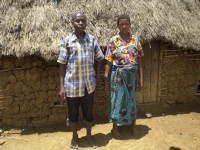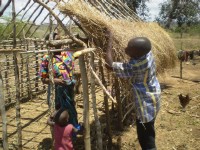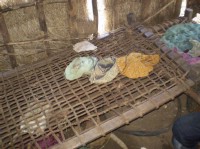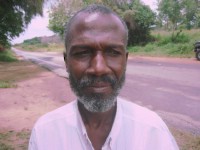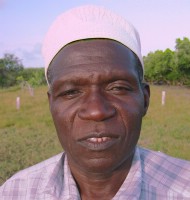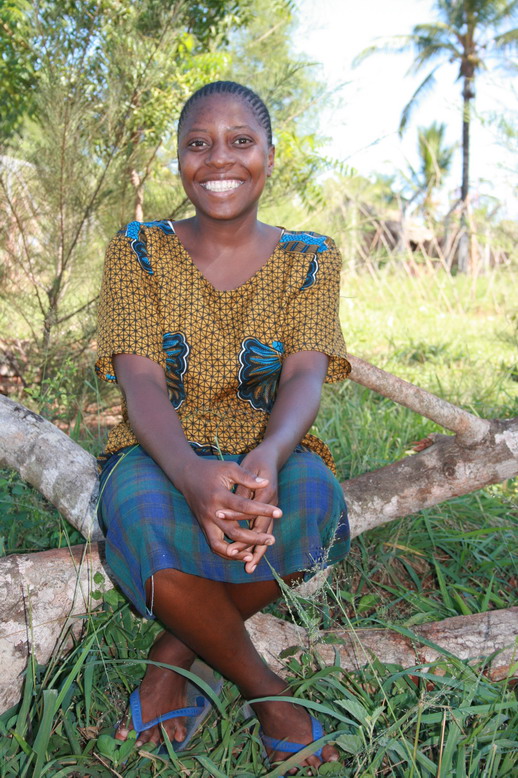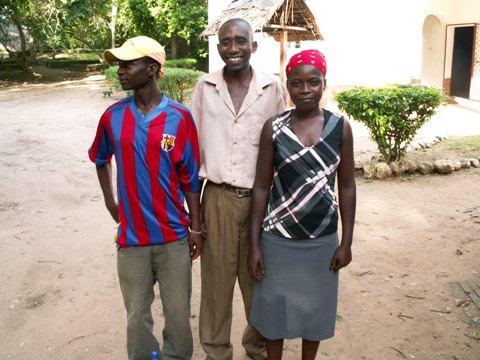The Environmental Education team took a bigger group with them this time to Mijomboni Primary School. The group involved students on a trip organized by the Minnesota Zoo, USA. Melanie a staff at the Minnesota Zoo accompanied them to this trip. The students are interested in nature conservation and some of them study related courses at the university. The rest of them have not joined the university but have an interest in nature.
The pupils at the school received us warmly as we gathered into one of the classes. This time they bombarded us with questions concerning the sustainable use of natural resources like the forest. This could tell that they are very active in conservation efforts. They were keen to learn how they will convince their parents on sustainable use of forests and water sources like rivers.
Each of the students together with the local pupils got a chance to plant an indigenous tree in the school compound. Later on they played volleyball in the school field together with the pupils and donated some stationery to the school.
Naomi Wanjiru Gichungu- Environmental Education intern







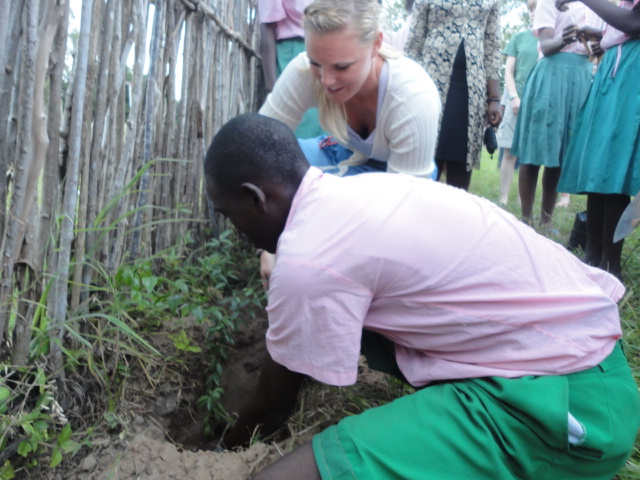
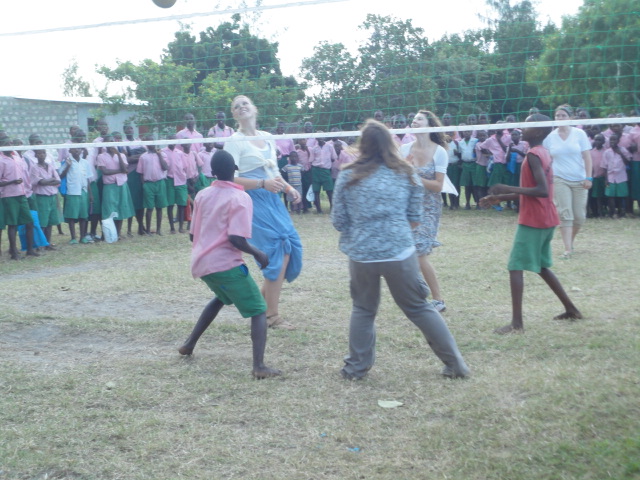
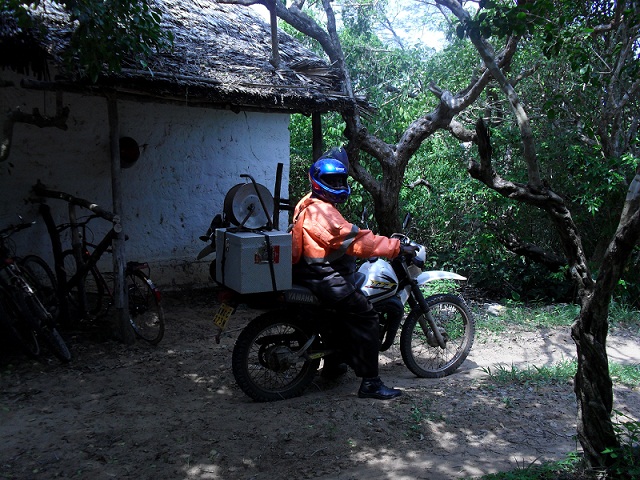
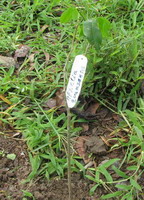 I was very humbled to note that they had actually grasped the whole concept of replanting lost indigenous trees. This happened in Mijomboni, one of the ASSETS beneficiary schools, shortly before we embarked on a tree planting exercise at F. B. Thuva secondary school. These girls are potential of becoming beneficiaries if they attain the required score in their end of primary school exams in November. I believe they will carry the massage of indigenous tree planting to their siblings, parents and neighbors.
I was very humbled to note that they had actually grasped the whole concept of replanting lost indigenous trees. This happened in Mijomboni, one of the ASSETS beneficiary schools, shortly before we embarked on a tree planting exercise at F. B. Thuva secondary school. These girls are potential of becoming beneficiaries if they attain the required score in their end of primary school exams in November. I believe they will carry the massage of indigenous tree planting to their siblings, parents and neighbors.
 Most people around Arabuko-Sokoke Forest, plant fruit trees instead of indigenous trees. This is largely because indigenous trees occupy so much space in their farms not knowing that most of the trees like mango, coconut and cashew nut are in fact exotic. It is shocking that some community members argue that the forest can never get finished because it has always been there. What unbelievable level of ignorance! The ASSETS program has enabled many and their parents to change their attitude towards conservation of the forest and Mida Creek through awareness, education and benefit sharing.
Most people around Arabuko-Sokoke Forest, plant fruit trees instead of indigenous trees. This is largely because indigenous trees occupy so much space in their farms not knowing that most of the trees like mango, coconut and cashew nut are in fact exotic. It is shocking that some community members argue that the forest can never get finished because it has always been there. What unbelievable level of ignorance! The ASSETS program has enabled many and their parents to change their attitude towards conservation of the forest and Mida Creek through awareness, education and benefit sharing.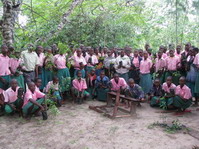


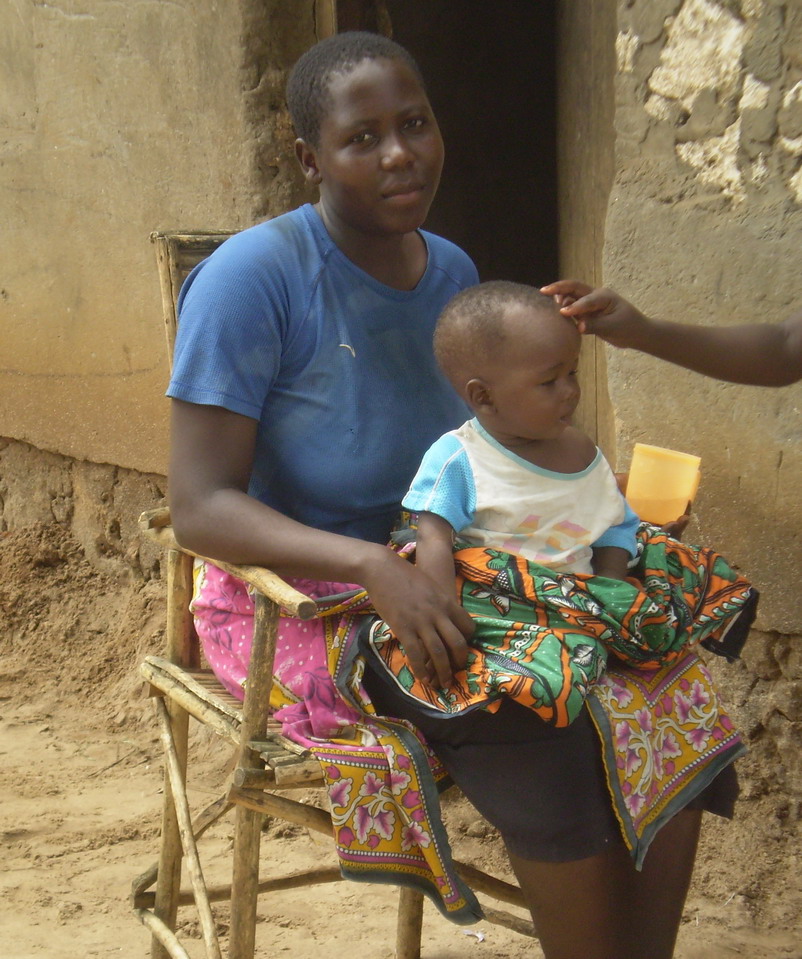
 While the students were doing their learning through a debate and role play, the parents were seperately engaged in a discussion about the most sustainable way of utilising the forest. Not surprising, the newly selected beneficiaries did not have any idea about the eco-tourism value of Arabuko-Sokoke Forest. They however left the meeting with a new messege for their families that there are people who come all the way from Europe and America to see the Golden-rumped elephant shrew in the forest; what an odd way of spending ones money! they might have thought.
The meetings continue!
While the students were doing their learning through a debate and role play, the parents were seperately engaged in a discussion about the most sustainable way of utilising the forest. Not surprising, the newly selected beneficiaries did not have any idea about the eco-tourism value of Arabuko-Sokoke Forest. They however left the meeting with a new messege for their families that there are people who come all the way from Europe and America to see the Golden-rumped elephant shrew in the forest; what an odd way of spending ones money! they might have thought.
The meetings continue!